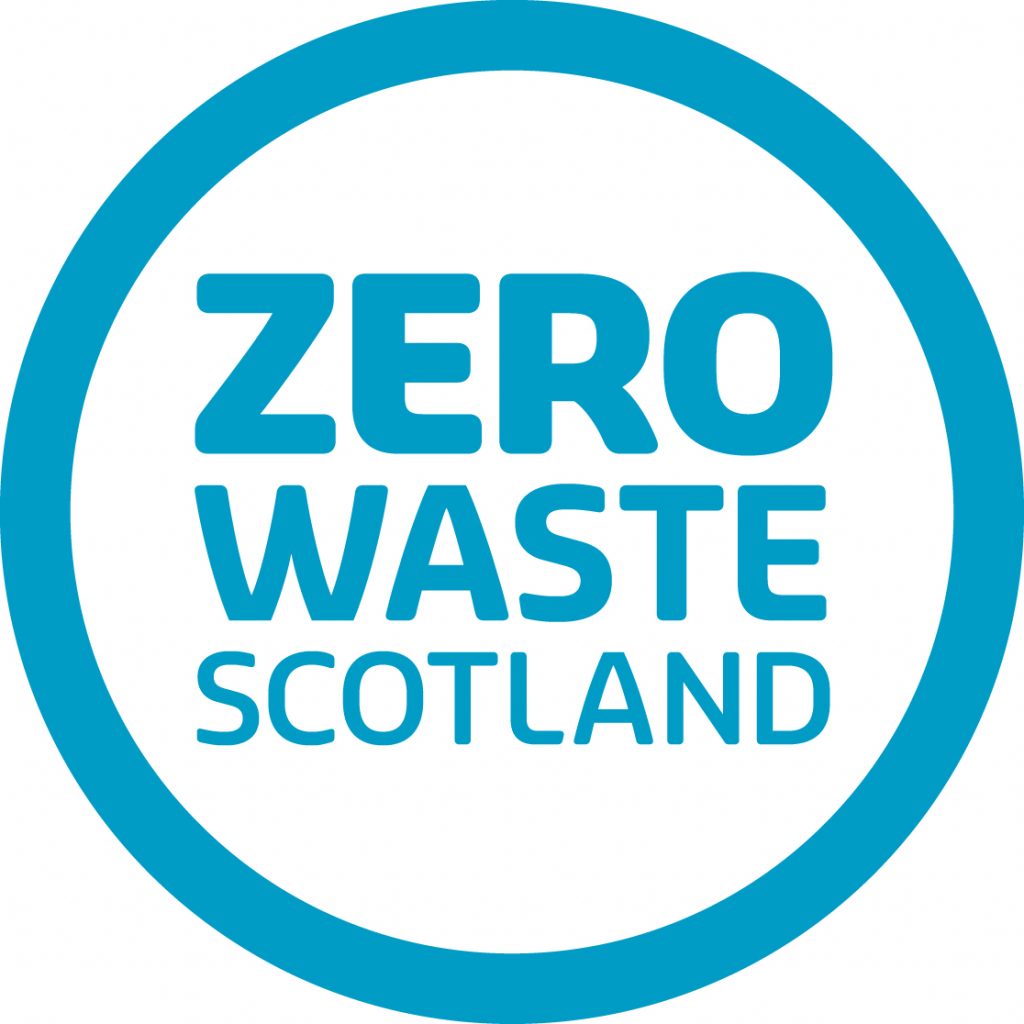
By Catherine Pendreigh, Food Systems Partner, Zero Waste Scotland
As a once overlooked kitchen cupboard staple, it is fantastic to see the attention and love that beans are getting in Glasgow.
The UN’s Beans is How advocacy work and Glasgow’s very own Full of Beans campaign are rightly highlighting the humble pulse’s climate credentials. After all, beans can fix nitrogen in the soil and are an incredibly water efficient crop – when it comes to feeding a growing global population in a rising climate, beans are a key part of the puzzle.
However, the climate benefits of beans go well beyond the farm. These perfect pulses are also a key tool to help us tackle one of worst types of waste for the climate: food waste.
Food waste in Scotland
Globally, food waste is a massive problem. In fact, around a third of all food produced worldwide is wasted. This is bad news for our planet as food waste accounts for approximately 8% of greenhouse gas emissions.
The scale of food waste in Scotland is also staggering. We waste £1billion worth of good food every year from our homes alone, and households account for a whopping 59% of all food wasted in Scotland.
That’s why reducing food waste at home is one of the most impactful things we can all do to reduce our contribution to climate change. And we stand to benefit financially too, as reducing food waste will save the average Scottish household £440 per year. For a family of four it’s around £700 a year.
Beans to the rescue
One of the biggest benefits of beans is that they are a shelf stable product, meaning they last a long time and don’t need to be refrigerated. They’re unlikely to go off while waiting to be eaten; a massive benefit when we consider that two thirds of the food we waste from our homes is because we haven’t used it in time.
Planning to eat at least one meal a week using store cupboard ingredients, like beans, means that we can embrace that last-minute change of plans or impromptu takeaway night that often leads to food we had earmarked for eating, going to waste. The trusty bean will still be there for us next week.
What’s more, beans that come in tins have the added benefit of their recyclability. Most food tins are made from steel, which is 100% recyclable and can be reprocessed again and again. Another benefit for our planet, and a big win for beans.
Can-paigning for change

Zero Waste Scotland has put the issue of food waste on the map, and we are tasked with coordinating efforts to prevent and cut the amount of food being wasted in Scotland.
We recently championed beans with the Can-paign, raising awareness of tinned foods as part of a climate – and budget – friendly diet.
Can-paign research shows that tins are having a welcome revival. Before the Can-paign took Scotland by storm, survey data told us 55% of people living in Scotland had concerns about canned cuisine – with nearly a quarter dubbing it a ‘last resort’.
After the Can-paign we saw an increase in people saying swapping to tinned food was a smart way to save money, and a drop in people who said tinned food was bad for the environment.
‘Tin’-spiration
It’s great to see Glasgow Full of Beans working so hard to show beans some love, by getting them on the menu in cafes and restaurants as well as in our homes.
A range of recipes and food waste prevention hacks are available on the Love Food Hate Waste Scotland Facebook and Instagram channels – while there’s even a dedicated Food Waste Forum on Facebook where members can share their own ‘tin’-spired dishes.
Tinned or dried foods are a tasty way for busy Scots to cut down on food waste without compromising on the quality of the food they love. Let’s give beans top-billing on our shopping lists and feel good about the benefits for our planet, pocket, and plate.